A Step Forward in Modernizing Operations with AI
According to Petrovietnam 's Report, in 2023, the group deployed a series of new technology applications such as machine learning, RPA (robotic process automation) and internal chatbots at its member units. In particular, the Vietnam Petroleum Institute (VPI) has developed the Oilgas AI ecosystem - a digital platform capable of exploiting and processing huge amounts of data from the exploration, drilling, exploitation and mine operation processes.
One of the notable achievements is the AI model for detecting faults in basement rocks developed by VPI with an accuracy of up to 80%. This technology helps save a lot of time and costs in the seismic exploration phase - which is a costly and risky step. AI has also been applied to specialized operations such as well operation mode prediction, production management, gaslift optimization and real-time anomaly detection, contributing to improving safety and operational efficiency.
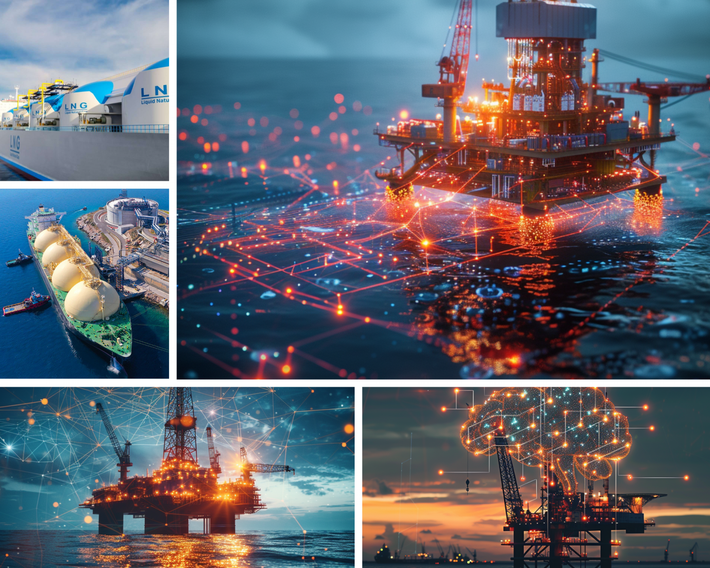
Applications of AI in the oil and gas sector. Source: Petrovietnam
Not stopping there, Petrovietnam is researching and developing digital twins for domestic oil and gas fields - a strategic step towards a comprehensive smart operating model in the future.
While AI offers great potential, it also poses many challenges. In heavy industry, up to 45% of AI systems have experienced failures due to model errors or data corruption. In addition, security risks are also worth considering as AI needs to access critical control systems, making it easy for cyberattacks to occur.
An equally important barrier is the fear of change from the human resources side. The development of AI has increased the fear of being replaced, requiring businesses like Petrovietnam to proactively manage change. The proposed solution is to promote internal communications, implement reskilling, improve digital skills (upskilling) and establish a flexible working environment in which people effectively coordinate with technology.
Accompanying between businesses and schools
From a policy perspective, according to Petrovietnam leaders, to promote AI applications, a synchronous support ecosystem is needed: Investing in digital infrastructure; issuing a transparent legal framework on data, security and AI ethics; encouraging public-private partnerships in testing new technologies; and building an interdisciplinary AI workforce from mining engineers, information technology to data analysts.
On the other hand, according to experts, AI is reshaping the way of working and production in the oil and gas and energy industries, helping to increase productivity, optimize costs and open up opportunities for comprehensive innovation. However, for AI to fully exploit its potential, the oil and gas industry needs a comprehensive strategy, from policy to infrastructure and systematic human resource training.
In that journey, the cooperation between enterprises - schools - the State is the key to help Petrovietnam and the Vietnamese oil and gas industry firmly enter a new era: greener, smarter and more sustainable. In recent times, fully aware of the role of human resources, Vietnam Petroleum University (PVU) has closely coordinated with VPI to prepare a generation of engineers and experts suitable for the AI era. Through the Advanced Training Center (ATC), PVU has implemented many specialized training programs on artificial intelligence for businesses in the industry.
The highlight of the event was the online seminar “Artificial Intelligence Trends and Applications in Oil and Gas Enterprises” held in 2024, organized by ATC - PVU in collaboration with AI Works - VPI and Binh Son Refining and Petrochemical Joint Stock Company ( BSR ). The event attracted a large number of experts and technical staff to participate in lively discussions, demonstrating the spirit of proactively approaching new things and working together to build a common vision of digital transformation.
Source: https://daibieunhandan.vn/tri-tue-nhan-tao-don-bay-chuyen-doi-so-nganh-dau-khi-viet-nam-post408828.html




![[Photo] General Secretary To Lam attends the 80th Anniversary of the Cultural Sector's Traditional Day](https://vstatic.vietnam.vn/vietnam/resource/IMAGE/2025/8/23/7a88e6b58502490aa153adf8f0eec2b2)








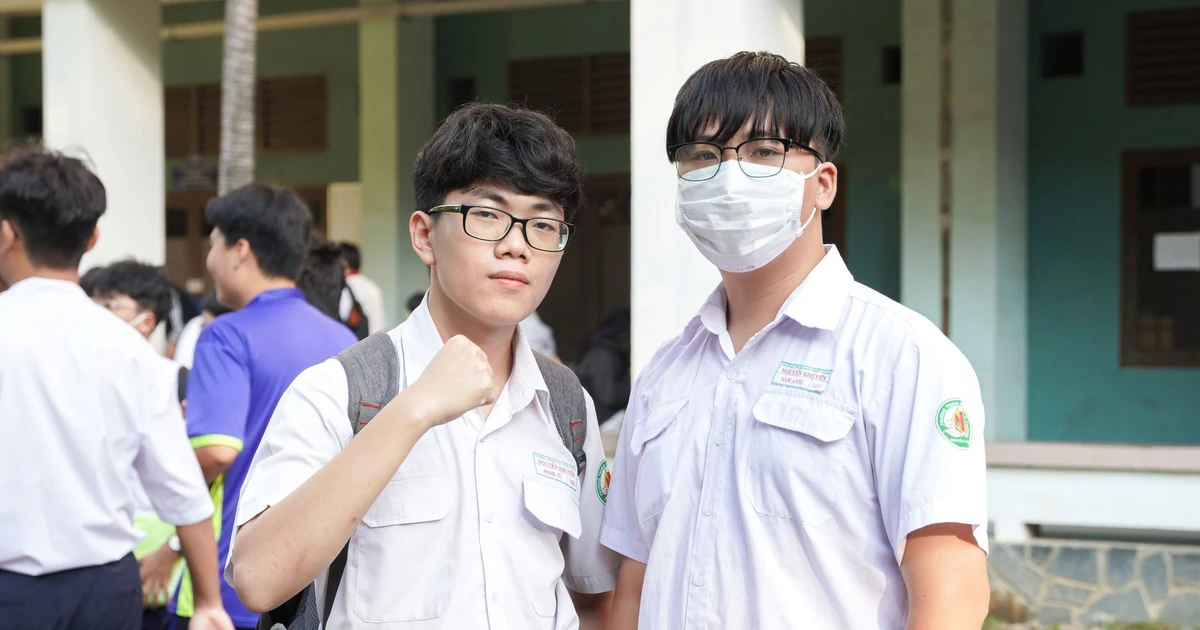

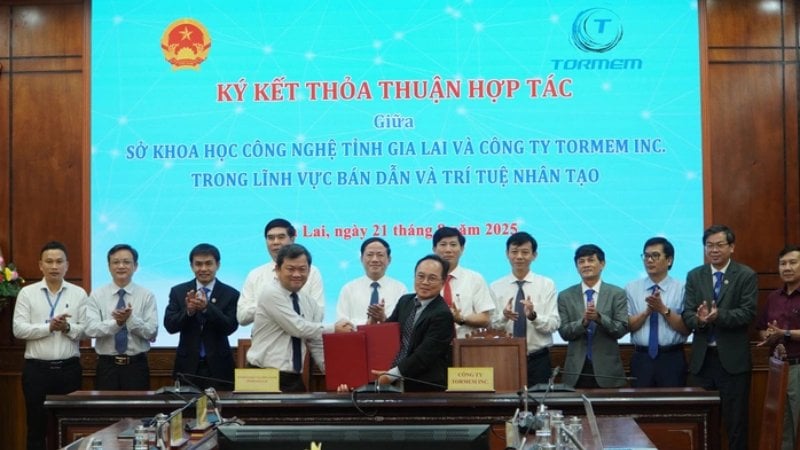

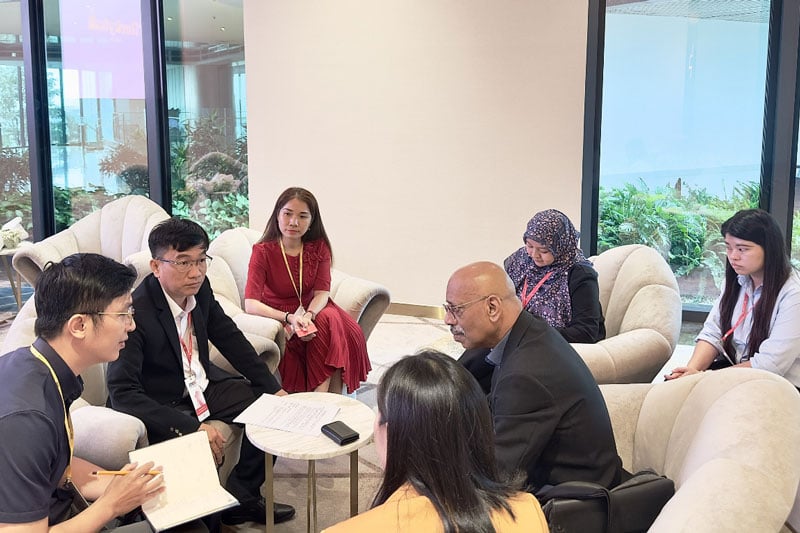
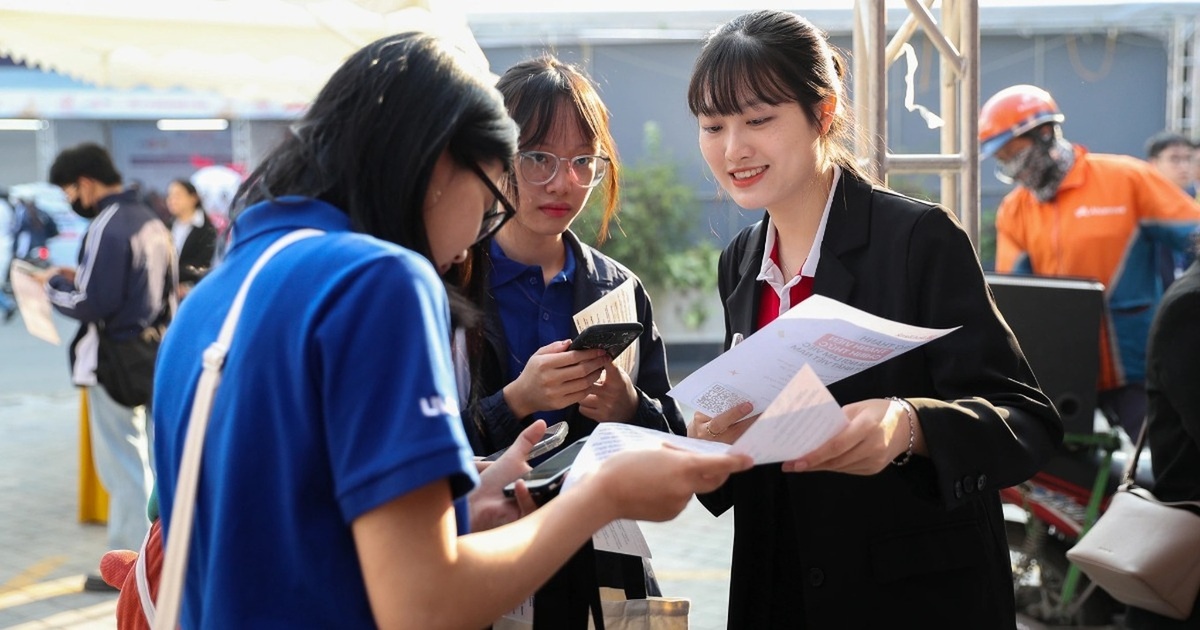
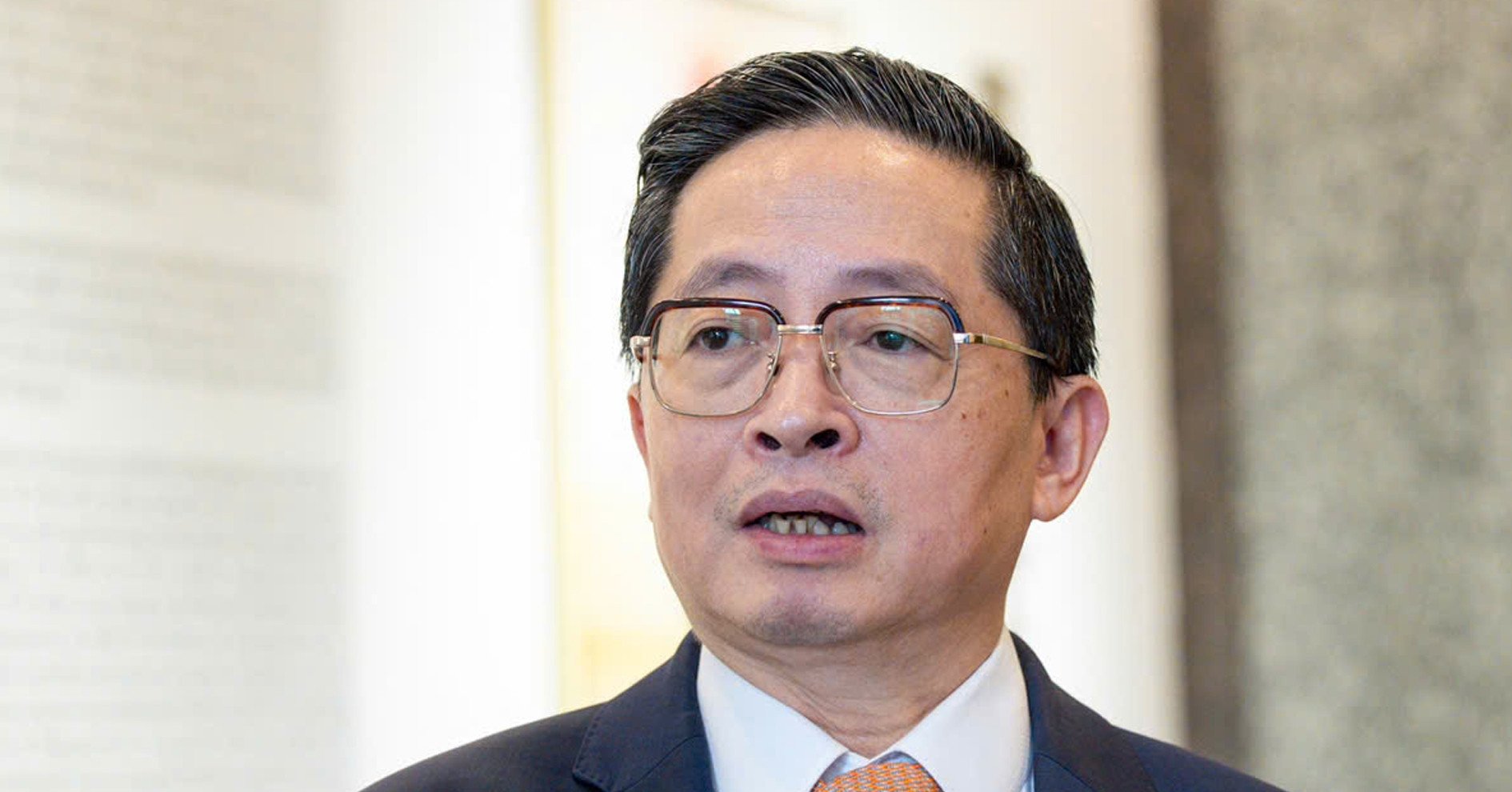

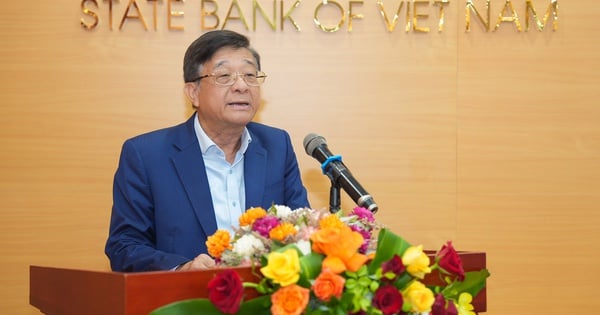


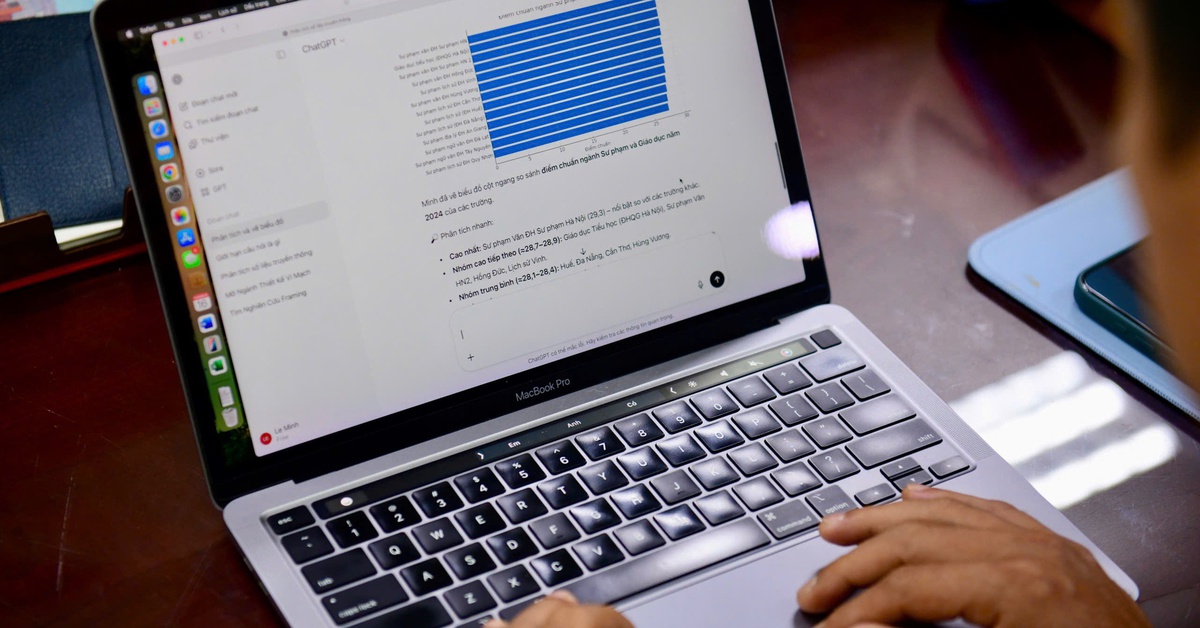


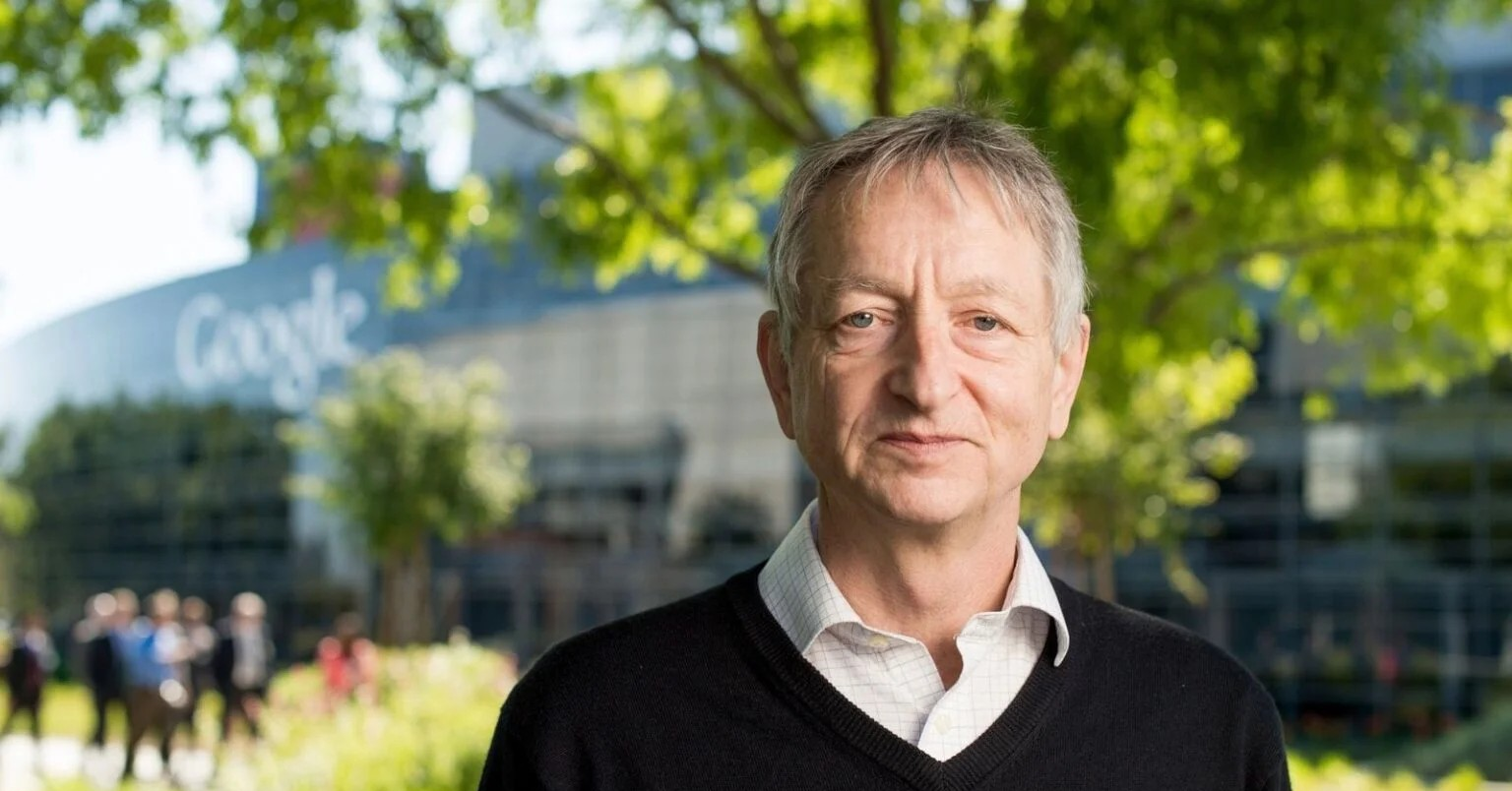






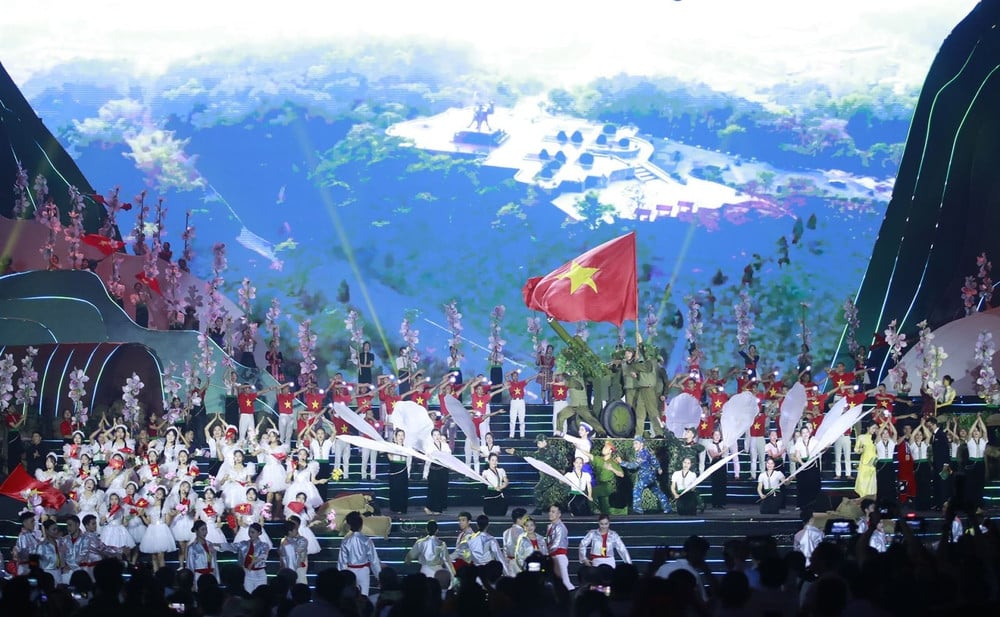


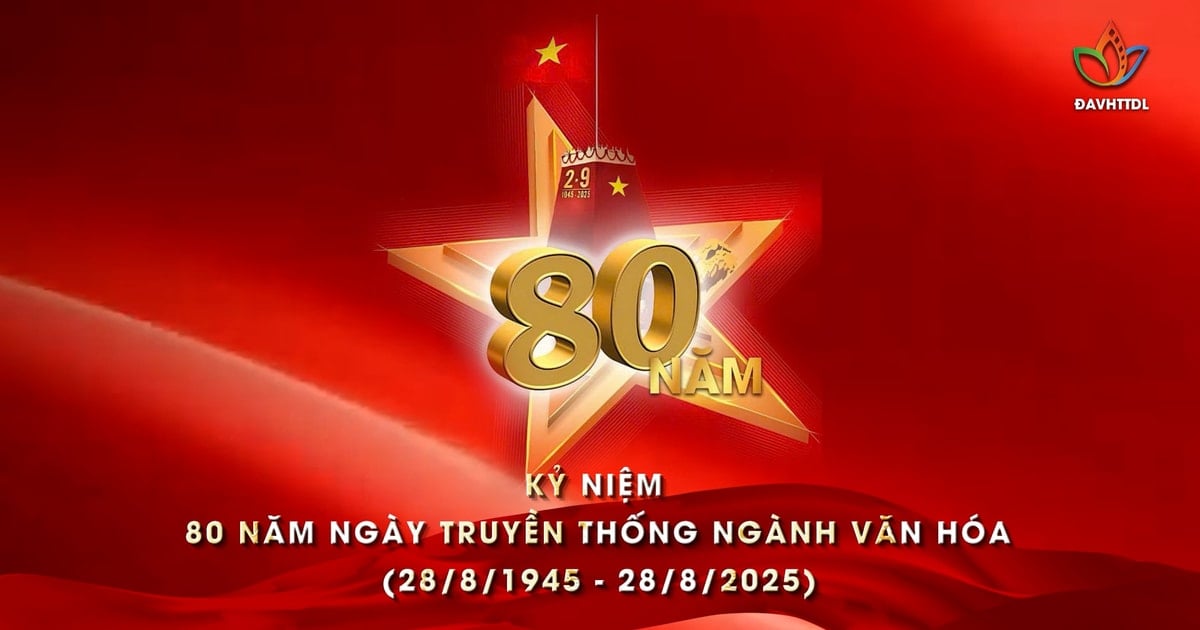





































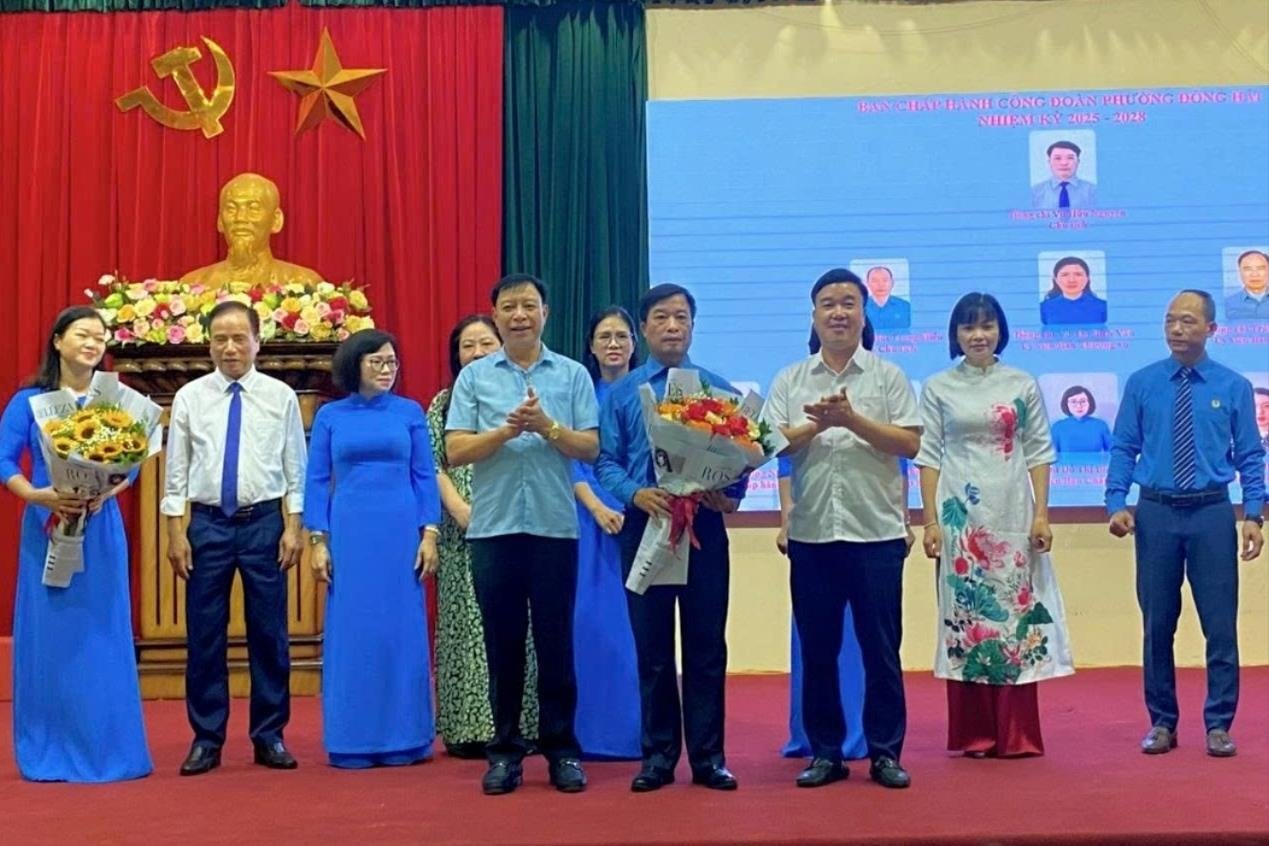

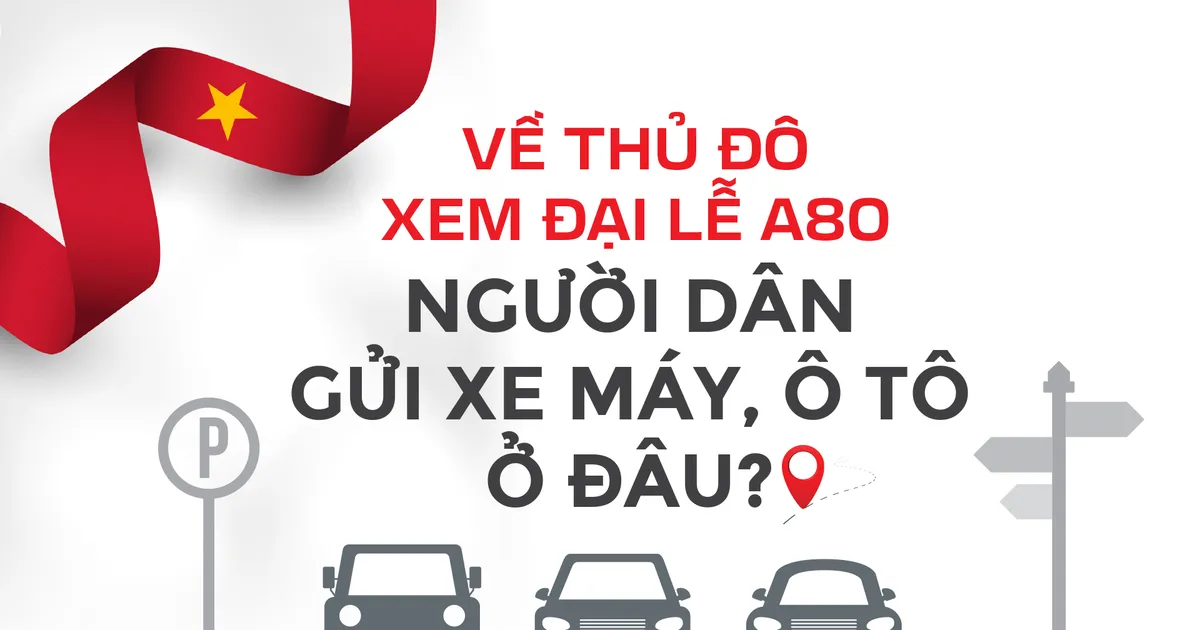

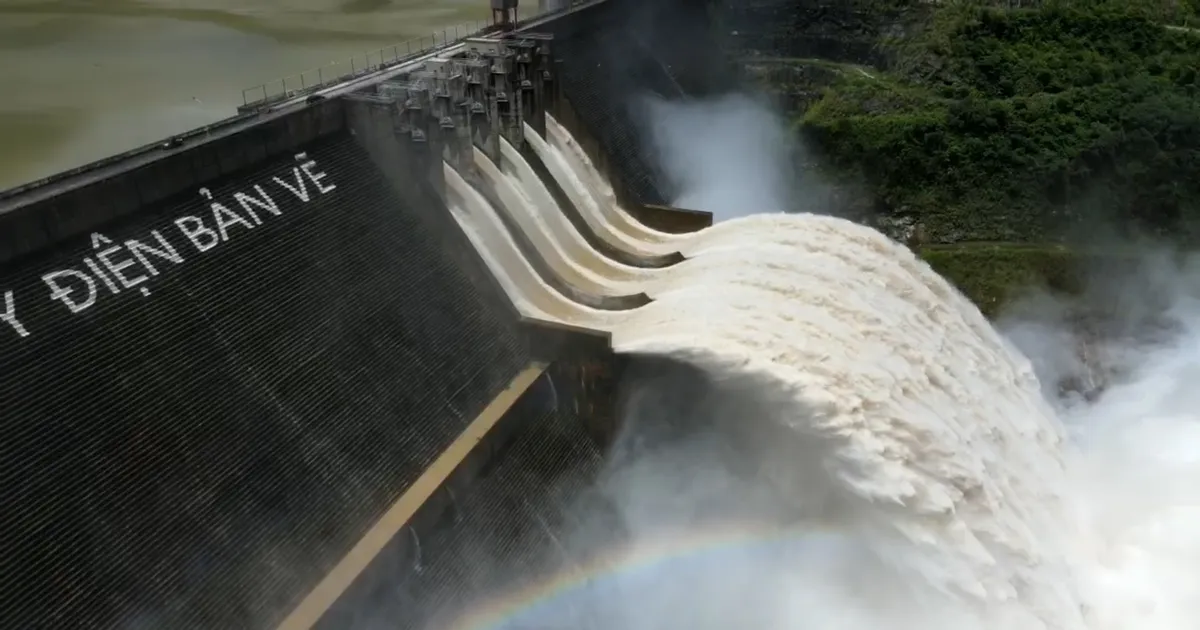
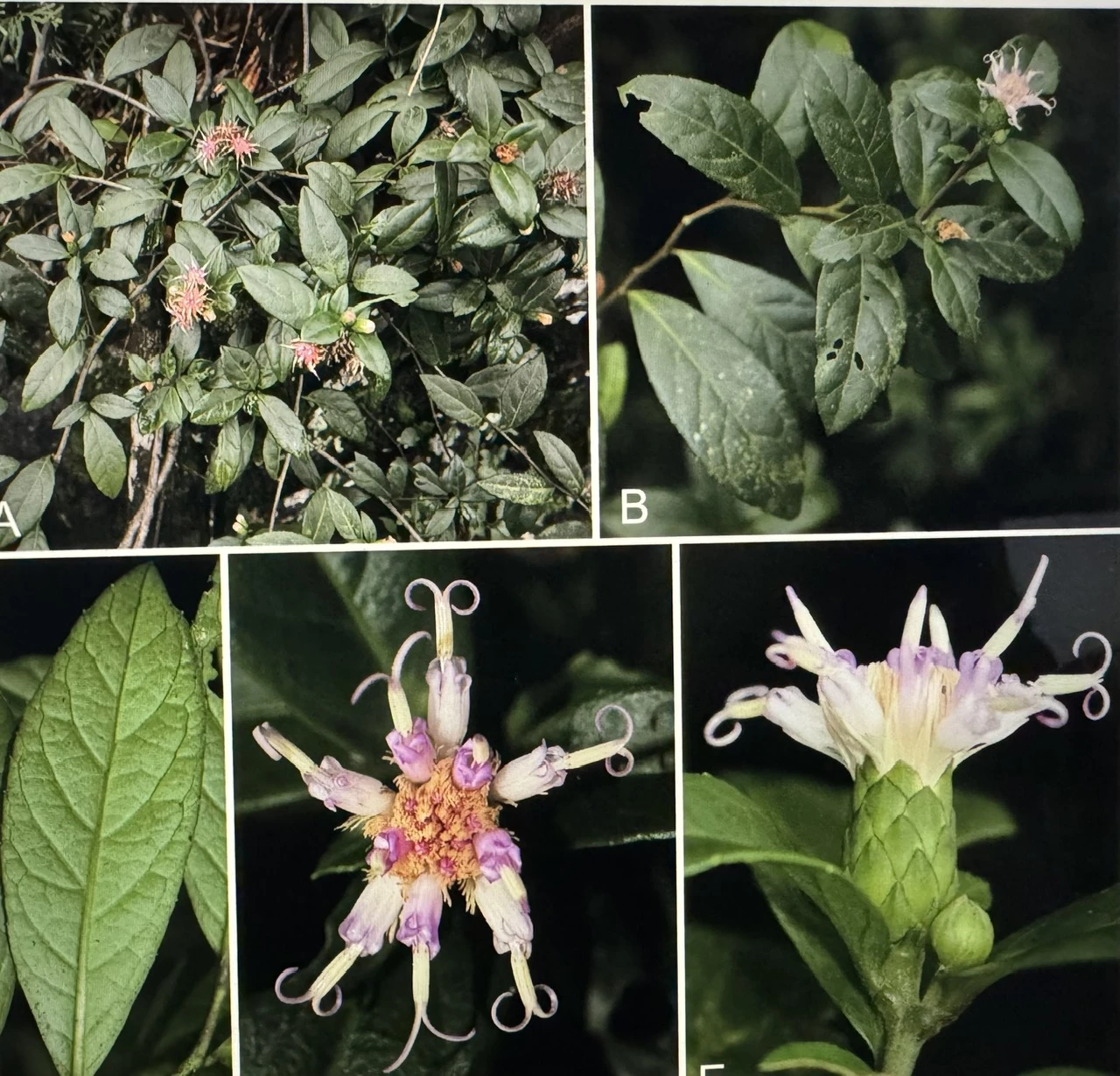



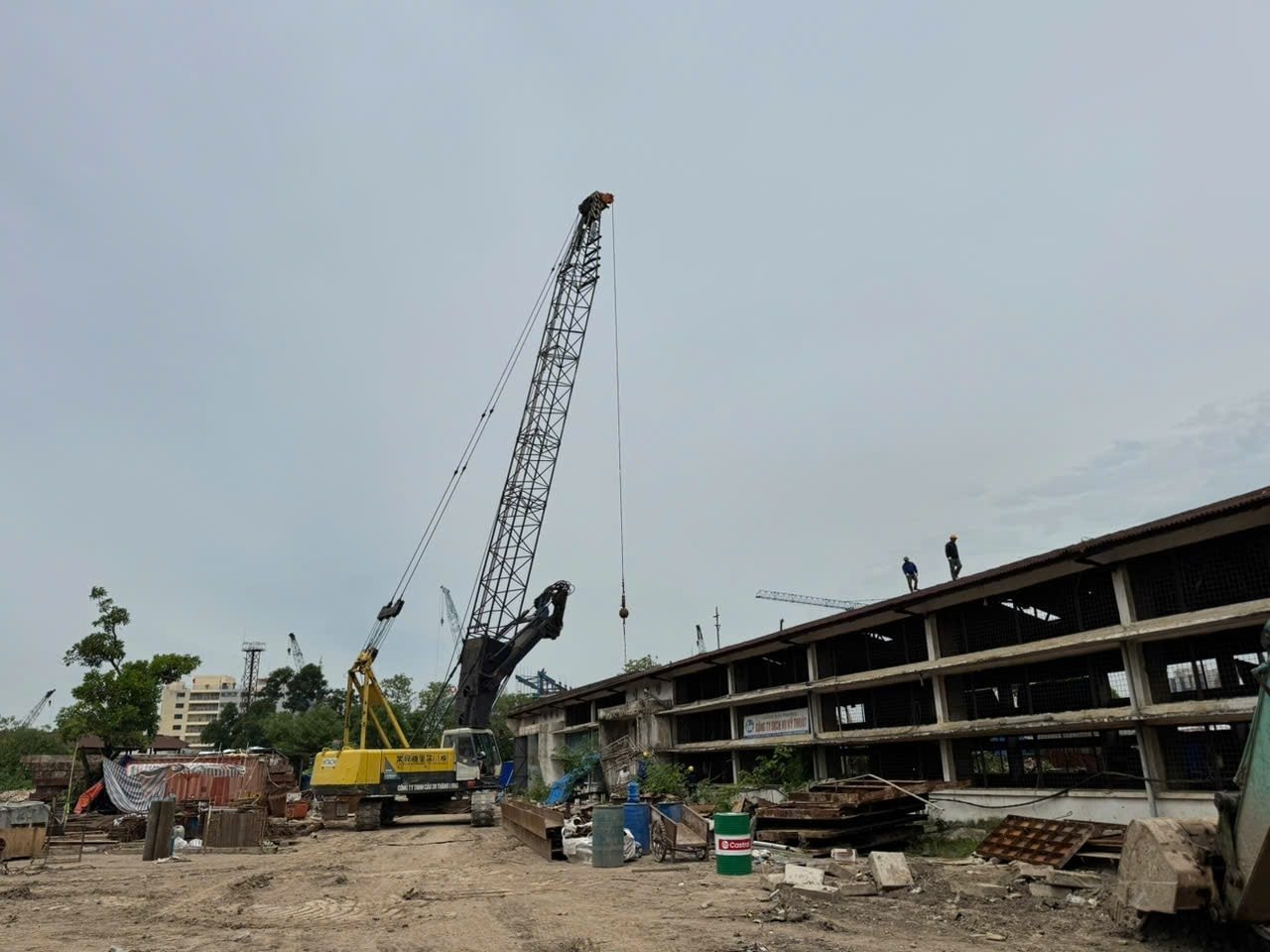














Comment (0)